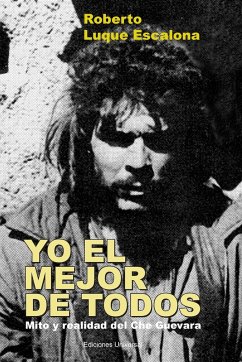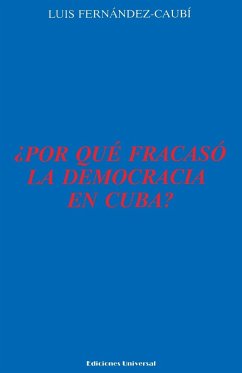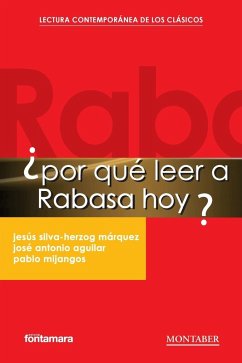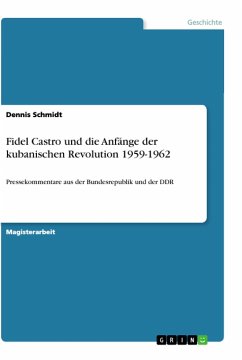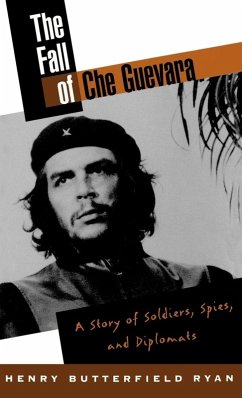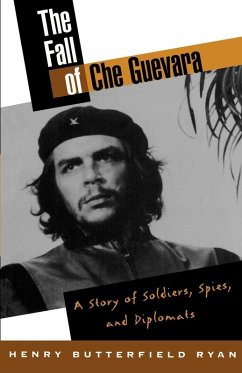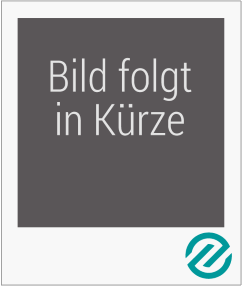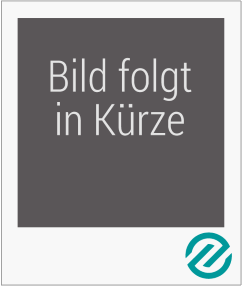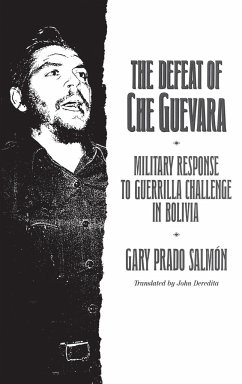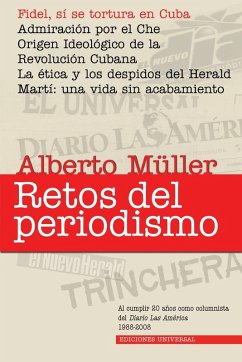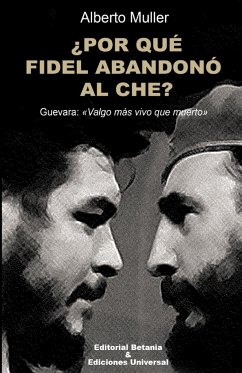
¿POR QUÉ FIDEL ABANDONÓ AL CHE? Guevara
Valgo más vivo que muerto
Versandkostenfrei!
Versandfertig in 1-2 Wochen
24,99 €
inkl. MwSt.

PAYBACK Punkte
12 °P sammeln!
¿POR QUÉ FIDEL ABANDONÓ AL CHE? is a harrowing book of journalistic investigation. In the course of the author's journey he encounters the failures of the guerrilla projects in Salta (Argentina) and the Congo, both led by Che, who later dies in the last of the guerrilla attempts in La Higuera, Bolivia. But what is humanly striking is that in Bolivia he dies without his boots, hungry, without his asthma medications and with most of his fellow guerrillas dead. But paradoxically, during the outcome of this drama and from Havana, Fidel Castro does not activate any operation to save Che from the...
¿POR QUÉ FIDEL ABANDONÓ AL CHE? is a harrowing book of journalistic investigation. In the course of the author's journey he encounters the failures of the guerrilla projects in Salta (Argentina) and the Congo, both led by Che, who later dies in the last of the guerrilla attempts in La Higuera, Bolivia. But what is humanly striking is that in Bolivia he dies without his boots, hungry, without his asthma medications and with most of his fellow guerrillas dead. But paradoxically, during the outcome of this drama and from Havana, Fidel Castro does not activate any operation to save Che from the gigantic ambush in which he has fallen in Bolivia, but instead crosses his arms at times or moves some very precise pieces of the political-operative chess to sink it even more in its almost suicidal isolation. And in his ideology Guevara points out all the moments in which he asked for help and Fidel Castro did not give it. And the most incisive thing, from an existential philosophy point of view, is that, being captured in deplorable conditions, Guevara has more desire to live than to die. Then he asks his captors not to kill him, because "I'm worth more alive than dead." Immediately after being executed, violating all existing military codes of ethics, the Bolivian military command orders his hands to be cut off in an unusual act of physical castration. Reading this book together with the Diary of Che Guevara in Bolivia demonstrates the total abandonment that Guevara suffered from Fidel Castro and his regime. ¿POR QUÉ FIDEL ABANDONÓ AL CHE? es un libro desgarrador de investigación periodística. En el curso del recorrido del autor se encuentra con los fracasos de los proyectos guerrilleros en Salta (Argentina) y el Congo, ambos liderados por el Che, que muere posteriormente en el último de los intentos guerrilleros en La Higuera, Bolivia. Pero lo llamativo humanamente es que en Bolivia muere sin sus botas, hambriento, sin sus medicamentos para el asma y con la mayoría de sus compañeros de guerrilla muertos. Pero paradójicamente, durante el desenlace de este drama y desde La Habana, Fidel Castro no activa ningún operativo para salvar al Che de la gigantesca emboscada en la que ha caído en Bolivia, sino que se cruza de brazos por momentos o mueve algunas piezas muy precisas del ajedrez político-operativo para hundirlo aún más en su aislamiento casi suicida.Y en su ideario Guevara señala todos los momentos en que pidió ayuda y no se la dio Fidel Castro. Y lo más incisivo, desde un punto de vista de filosofía existencial, es que, al ser capturado en condiciones deplorables, Guevara tiene más deseos de vivir que de morir. Entonces le pide a sus captores que no lo maten, porque valgo más vivo que muerto. Inmediatamente después de ser ejecutado, violando todos los códigos de ética militar existentes, el mando militar boliviano ordena que le corten las manos en un acto inusitado de castración física. Leer este libro junto con el Diario del Che Guevara en Bolivia, demuestra ese abandono total que sufrió Guevara de Fidel Castro y su régimen.



